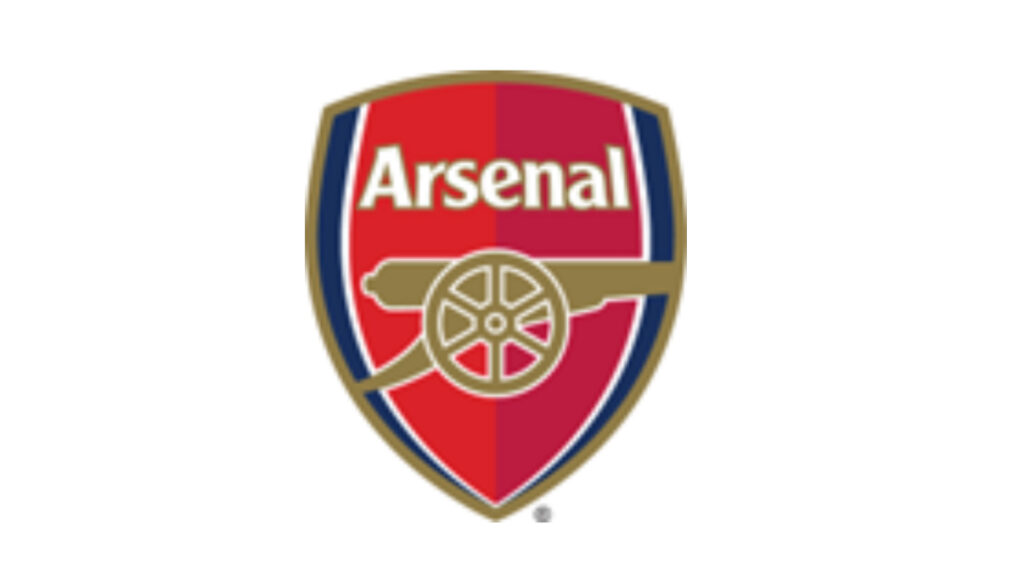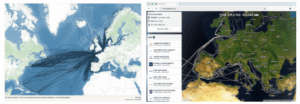Arsenal joins forces with Google Pixel, Microlink, and London Met University to support accessibility and inclusion in the workplace

Arsenal marked this week’s International Day of Persons with Disabilities with a special event focused on accessibility and inclusion in the workplace alongside Google Pixel, London Met University, and Microlink.
Emirates Stadium played host to local partners, businesses, and disabled communities who came together to share experiences and knowledge, and learn about some of the solutions and actions that can be taken to improve outcomes in work for disabled people.
It comes a year on from research published by London Met University and Islington Council that showed over half of disabled people in the borough are out of work, a problem facing the UK more generally.
The evening featured special contributions from partners and experts across the space, as well as Arsenal Managing Director, Richard Garlick.
Author, mouth artist and Arsenal supporter, Henry Fraser, also spoke on the “transformative power of acceptance” in conversation with award-winning filmmaker and former London 2012 Marketing Chief, Greg Nugent.
Arsenal was the first professional football club to achieve Disability Confident Leader status in 2018 and retained this status earlier this year, part of an ongoing commitment to being a diverse and inclusive club for its people.
“Inclusion is a force for progress,” said Hannah Mansour, Director of ESG at Arsenal.
“When we surround ourselves with new and different perspectives, we make better decisions, which drives us forward. At the core of that is a sense of belonging – where we feel we can contribute to growth and progress.
“That’s what we’re striving towards at Arsenal, and we were delighted to share this perspective with our partners and local community at our home in north London, with the goal of supporting better employment outcomes for disabled people. It’s important to lift each other on this journey – sharing experiences, solutions, and areas for improvement – so that we can build a more connected and inclusive community where everyone feels they belong.”
Disability Confident is a free government scheme designed to help businesses recruit and retain disabled employees. By removing barriers that might be preventing disabled people from accessing employment, businesses can draw from the widest pool of talent and create a culture of understanding.
Microlink uses over 30 years of expertise to guide businesses through the scheme and provide advice on the journey to achieving Disability Confidence. Access Consultant, Tracey Abbott, has supported Arsenal on its journey, and was in attendance to offer her own insight and guidance for local employers.
Tracey said, “Microlink is proud to support Arsenal in leading the way with workplace adjustments, demonstrating how proactive inclusion attracts and retains top talent. It’s inspiring to see such a commitment to creating an accessible and inclusive workforce.”
Challenges remain in Islington and the UK more broadly. Dr Jane Lewis, who led London Met’s research into this area, delved deeper into the root causes of such high unemployment amongst disabled communities.
“Disabled people experience numerous barriers and discrimination both getting a job and while in employment, including stigma and accessibility challenges. This can also result in pay gaps with their non-disabled colleagues.”
She also recognised the journey that the local area is on in improving outcomes for disabled people in work.
“There is no quick fix to this issue, but lifting the voices of disabled people in our community is a step forward in understanding more about the issues they face, and how we can work together to break down the barriers to sustainable employment.”
To learn more about what actions to take, the event culminated with a showcase of best practice around the room, where attendees were encouraged to explore and learn more about the different solutions available, including ground-breaking technology from Google’s award-winning Accessibility Discovery Centre.
Christopher Patnoe, Head of Accessibility and Disability Inclusion for EMEA at Google, joined on behalf of one of Arsenal’s partners, Google Pixel. He spoke on the importance of “failing forward” in making progress.
“If you design for the edges, you get the centre for free…if you make accessibility and inclusion scary, people aren’t going to want to do it – but if you make it joyous, fun and innovative, then you are going to attract the best talent. Your product gets better, your culture gets better, and your business gets better.”
Arsenal has also taken action for disabled supporters in collaboration with the Arsenal Disabled Supporters’ Association, to understand and address the challenges faced by disabled supporters.
“Open and constructive collaboration between the club and its disabled supporters has been our success story at Arsenal, transforming the matchday experience for all those with disabilities and access requirements,” said Anthony Joy, chair of the Arsenal Disabled Supporters’ Association.
“This event will help us take the next step in providing new services and make further improvements for our supporters, and its employees.”
Arsenal works closely with access consultants and partners who support the club in taking positive action for disabled supporters and colleagues. This includes the introduction of new audio-descriptive commentary for blind and partially sighted supporters this season at Emirates Stadium and the Mangata Pay UK Stadium Meadow Park, in collaboration with Alan March Sport Ltd.
The club has a long-standing relationship with the Royal National Institute of Blind People (RNIB), who launched ‘See Sport Differently’ one year ago with British Blind Sport.
The report was a first-of-its-kind and offered guidance to all sport on making the match day experience accessible for supporters with sight loss.
Arsenal was the lead club to contribute to this research, having been identified by the Pan-Disability Sport Charity Level-Playing Field as an example of best practice in the way in which they support their blind and partially sighted supporters.
Gareth Davies, RNIB’s Head of Sport, spoke of football’s importance in inspiring much broader social inclusion and outcomes for disabled people.
“The event was a good opportunity to showcase the actions we can take to not only make football more accessible, but also to get more disabled people get into work through personalised employment support.
“There are 11,000 people with sight loss currently looking for work in the UK, and RNIB continues to push for better outcomes through provision of equipment and support, as well as calling on employers to take part in our Visibly Better Employer quality standard.
“Education and changing employers’ attitudes and understanding is key to increasing accessibility and inclusion in the workplace, so it’s great to have Arsenal leading the charge on being a Disability Confident Leader.”




